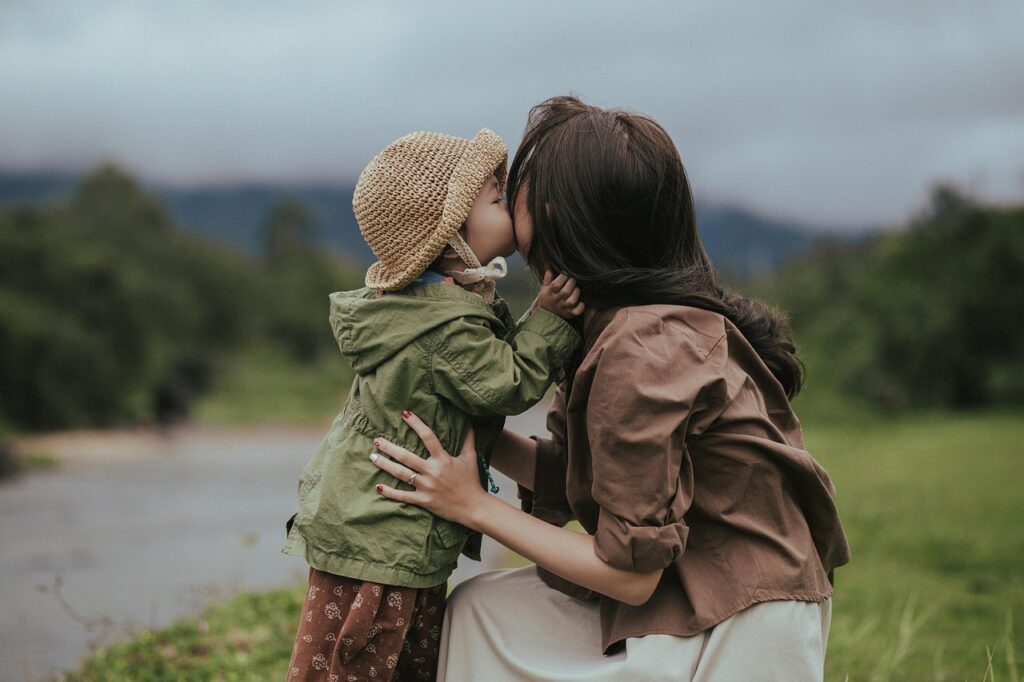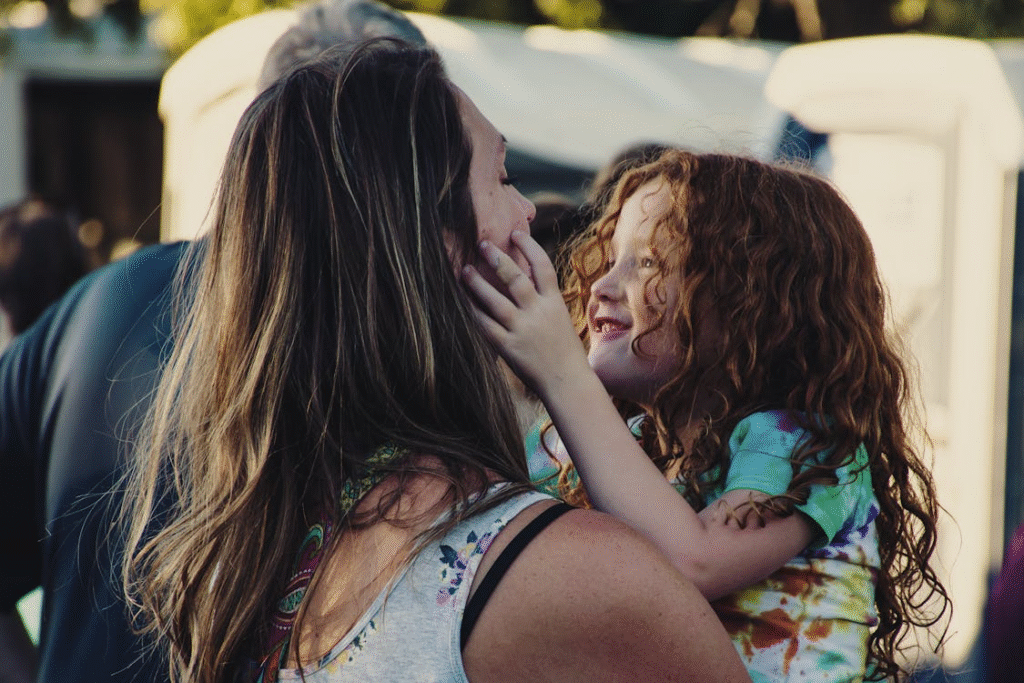A loving childhood is not only about affection but also about the life skills parents pass on. These lessons shape how you see yourself, interact with others, and navigate challenges. While every family is unique, certain skills often signal a supportive and caring upbringing. If your parents taught you these four abilities, it is likely they created an environment where you felt safe, valued, and prepared for life.
Emotional Communication

Children who grow up learning how to express their feelings in a healthy way often carry that ability into adulthood. If your parents encouraged you to talk about your emotions without judgment, they were fostering emotional intelligence. This skill helps you understand your own feelings and empathize with others, reducing the risk of misunderstandings or resentment in relationships. Loving parents model emotional openness by showing it themselves. They demonstrate that it is normal to experience a range of emotions and that none of them make you weak. This foundation makes it easier to cope with stress, resolve conflicts, and build trusting connections.
Problem-Solving

Parents who encourage problem-solving are teaching more than practical thinking. They are showing you that you are capable of facing challenges with confidence. This skill often starts in small ways, like letting you figure out how to fix a broken toy or decide how to handle a disagreement with a friend. Over time, it builds resilience and independence. When parents guide rather than control the process, they help children see mistakes as learning opportunities rather than failures. This approach not only prepares you for real-world situations but also strengthens your belief in your own ability to overcome obstacles.
Self-Worth and Boundaries

Knowing your value and understanding your boundaries is one of the strongest indicators of a loving upbringing. If your parents reinforced the idea that your needs and opinions matter, they were nurturing self-respect. This lesson helps you avoid toxic relationships, make decisions that protect your well-being, and maintain a healthy balance between giving and receiving. Parents who respect their child’s boundaries model how to respect others in return. They teach you that saying no when necessary is not rude but essential for emotional and mental health.
Responsibility and Accountability

Parents who teach responsibility are preparing their children for the realities of adult life. This often begins with small tasks, like tidying up toys or helping with chores, and gradually expands to managing schoolwork, commitments, and personal goals. In loving homes, responsibility is not used as a punishment but as a way to build trust and competence. When accountability is paired with understanding, children learn to take ownership of their actions without fear of harsh judgment. This combination creates adults who are dependable, self-disciplined, and aware of how their choices affect others.
The Bottom Line

A loving childhood is not defined by perfection but by the consistent presence of care, respect, and guidance. Parents who teach emotional communication, problem-solving, self-worth, and responsibility are giving their children tools that last a lifetime. These skills strengthen relationships, improve mental and emotional well-being, and provide a strong foundation for facing the world with confidence. If you recognize these lessons in your own upbringing, it is likely that your parents not only loved you but also prepared you to thrive.
Read More: Scientists Believe This Ancient Child Belonged To An Unknown Species
Disclaimer: This article was created with AI assistance and edited by a human for accuracy and clarity.
Disclaimer: This information is not intended to be a substitute for professional medical advice, diagnosis or treatment and is for information only. Always seek the advice of your physician or another qualified health provider with any questions about your medical condition and/or current medication. Do not disregard professional medical advice or delay seeking advice or treatment because of something you have read here.

